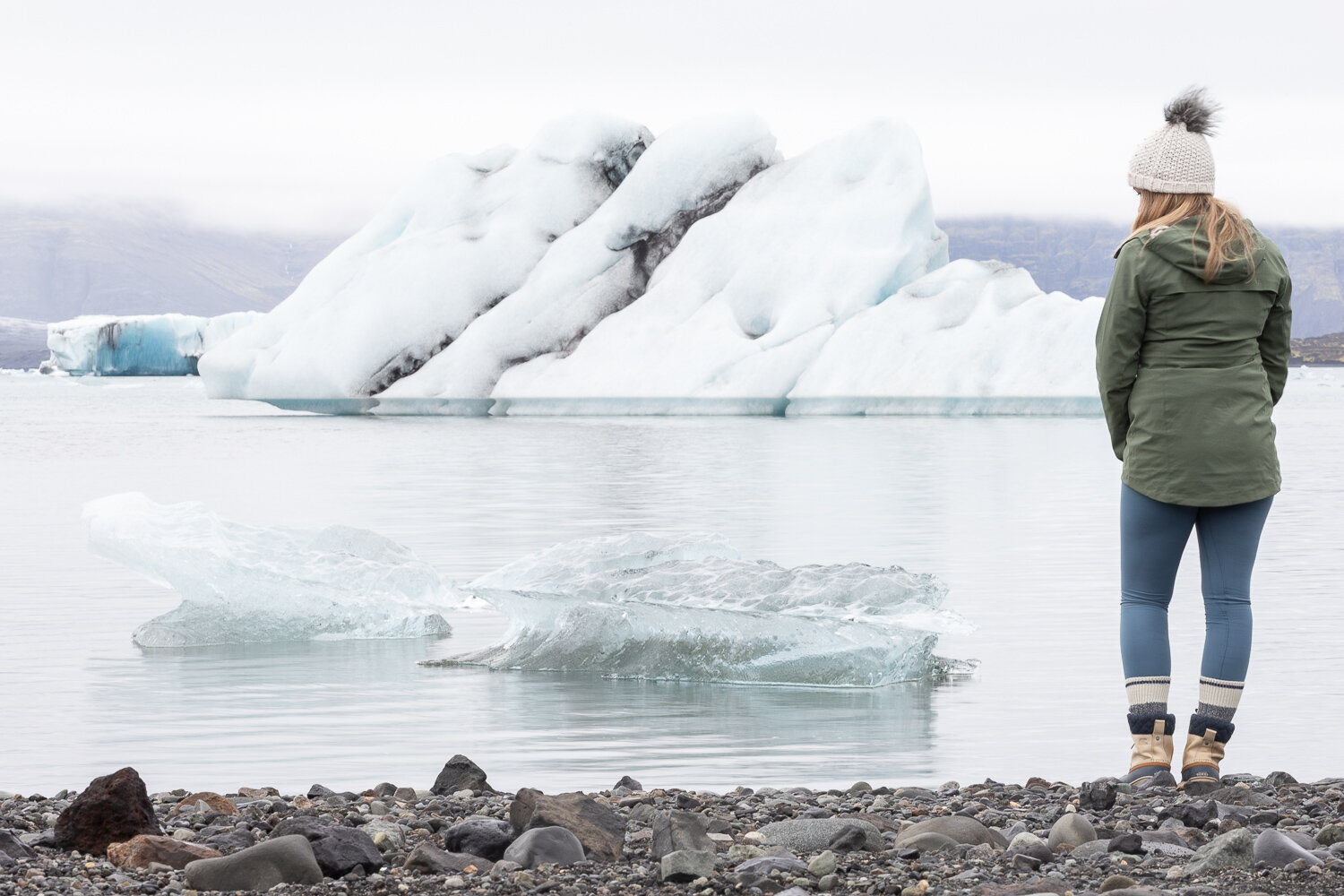Iceland by Campervan: Vatnajökull National Park
/Vatnajökull National Park
Exploring Iceland’s Glaciers
Sometimes referred to as the “land of fire and ice”, Iceland’s landscape features everything from active volcanoes and geothermal wonders such as the geysers and hot springs discussed in one of my previous post, to snow-capped mountains and icy glaciers like those found in Vatnajökull National Park. Its volcanic nature allows for sustainable living with geothermal energy being widely used among businesses and families alike. Its glaciers provide clean drinking water from virtually every tap or running stream in the country.
The people have learned how to use the unique living situation they have been given in the most environmentally sustainable ways, and I find this immensely impressive. After all, the Icelandic people do get to see the effects of climate change much more tangibly than some others (we’ll get to that).
From the South Coast, we headed up the east coast toward Iceland’s glaciers.
We spent a day in Vatnajökull National Park, which encompasses many icy wonders, including the largest glacier in Europe (outside of the Arctic), Vatnajökull glacier. A glacier which, might I add, sits on top of an active volcano!
Vatnajökull National Park
We spent the night in the campground at Skaftafell Nature Reserve. This is located at the foot of Skaftafellsjokull, a glacier tongue cutting down through the mountains from the large Vatnajökull glacier. This campground was lovely and gave easy access to many hikes within the National Park.
We chose to start our morning an hour north and work our way back to Skaftafell for a glacier hike later in the afternoon. Our drive that morning was amazing, circling around the mountain passing the various glacier tongues, each one slightly different in shape.
Jökulsárlón
Our first destination of the day, Jökulsárlón glacier lagoon is located about an hour’s drive north of Skaftafell. It is a large lagoon made from glacial melt that is filled with pieces of ice that have broken off one of Vatnajökull’s outlet glaciers, forming small and large icebergs.
The icebergs vary in colour, from milky white to bright blue. Some are streaked with black earth. I could fill this post with photos from this spot, it is definitely a place that takes your breath away and is a photographer’s dream.
A word of advice. Pull over in one of the small parking areas along the roadside before you reach the main parking lot, just as you start to see the icebergs over a grassy hill. It is much less crowded here, and we were able to find seals playing here undisturbed. They were very curious and came quite close to us.
Most of the ice does float down to the area by the main parking lot, but you may find some interesting icebergs you would have otherwise missed. We saw the bluest one here.
Once you have finished exploring this side of the lagoon, head over to the main parking area to see the rest. Don’t forget to grab a hot chocolate in the shop! You can also take a boat tour of the lagoon from here if you would like.
The lagoon has grown to meet the ocean and flows into it under a large bridge. Icebergs float out through and collect on the shores and in the waters, rolling in the surf.
Diamond Beach
The icebergs that float up onto the beach sparkle and shine, giving this beach the nickname Diamond Beach. This beach can be accessed by parking lots on either side of the bridge. It is another black sand beach, with a much finer sand than Reynisfjara. I love all things pretty and this place really checked that box.
On the day of our visit, the beach was studded in tiny pieces of ice. We took a short walk further down and eventually came across some large blue and crystal clear pieces being tossed around by the waves.
Glacier hiking on Falljökull
We drove the gorgeous route back to Skaftafell to meet up for our Glacier Hike with Troll Expeditions. What an amazing experience this was. I would highly recommend this company. We hiked on Falljökull, another outlet of Vatnajökull glacier, with a tall, spiked wall in the far back.
A glacier is essentially a frozen river, where snow has compacted over many, many years creating a base layer of ice. Glaciers hold almost 70% of the world’s supply of fresh water that is essential for human life. These glaciers are receding, visibly.
Our tour guide showed us markers depicting where the glaciers had reached 100 years ago, and as recently as 4 years ago. The 4 year markers were somewhere between a quarter and a fifth of the distance to the 100 year markers, a frightening reality. It would be wrong for me to not share this information with you. I wish more people could see the evidence of climate change in person.
With that all said, let's get hiking!
We arrived at the glacier and started to gear up. Our guide provided us with cramp-ons for our boots, helmets, harnesses and a pick axe for climbing. We were a small group of six, all with a good fitness level, so our guide allowed us to start a bit higher, stay a bit longer, and hike to the wall itself as opposed to stopping where a normal 3 hour tour would stop.
It was fantastic.
We drank glacial water straight from the ice. We rappelled into cracks and holes to see hidden glacial waterfalls. My husband teetered on the edge of a seemingly bottomless crack, held by an ice screw. You can participate in whatever you choose, but I highly recommend this activity for people of all fitness levels as the guide will adjust your tour to your abilities.
The view from the base of the wall was amazing, and as my tour guide was a photographer himself, I greatly appreciated him constantly searching out pretty views for me!
When our hike of Falljokull in Vatnajokull National Park was finished, we returned to Skaftafell and started the long drive back toward Reykjavik, so we could visit the Snaefellsnes Peninsula the following day.
Thanks for reading! Don’t be shy to leave comments and if you missed it, please check out my previous Iceland posts on The Golden Circle and South Coast.
Bless,
Hill XO
If you found this post helpful to you… Pin it!



















